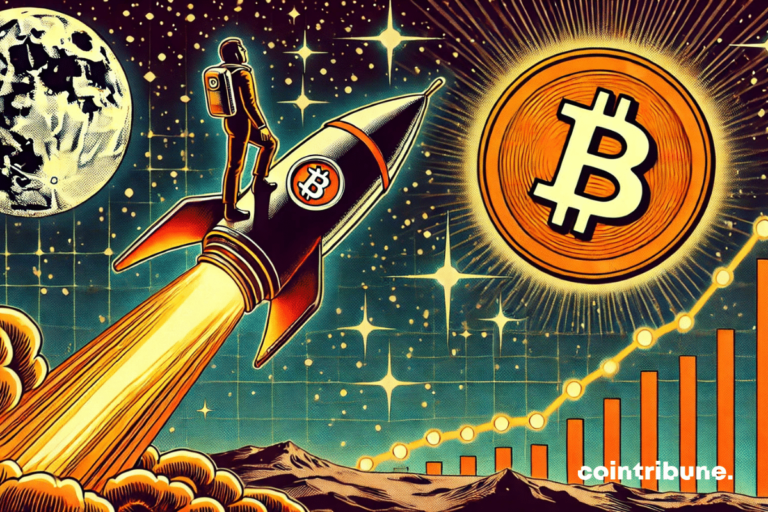The Hook
Imagine a world where your government tries to control how you use your crypto. That’s what’s happening in Brazil right now. But instead of giving up, crypto users might just be gearing up for the next phase of decentralization. Let’s break it down.
What’s the Big Deal?
Brazil’s central bank, Banco Central do Brasil (BCB), has proposed banning stablecoin transactions to self-custodial wallets like MetaMask or Trezor. If you’re wondering why this matters, think of it like this: these wallets let you control your money without needing a bank or exchange. Banning them means Brazil wants to keep stablecoin transfers within regulated platforms.
Why stablecoins?
Stablecoins, like Tether’s USDT, are pegged to the US dollar and have become super popular in Brazil. Why? Because Brazil’s currency, the real, has been losing value. Stablecoins offer a way to preserve wealth during economic instability.
What Could Happen?
- Decentralization Gains Momentum
Crypto experts think enforcing this ban won’t be easy. Why? People can use decentralized platforms and peer-to-peer (P2P) transactions, which are harder to regulate.Key Word: Decentralization
It’s the backbone of crypto—taking power away from centralized authorities and giving it to the people. - Crypto Adoption Could Slow
For new users, this ban might make accessing crypto more complicated. But for experienced users? They’ll likely find workarounds like using decentralized exchanges (DEXs) or creating new stablecoin solutions.Key Word: Peer-to-Peer (P2P)
Direct transactions between people, bypassing centralized systems. - Global Pattern
Brazil isn’t the first to try this. Countries like China and Nigeria have also restricted crypto, but it didn’t stop users. Instead, they turned to decentralized platforms like Uniswap or P2P methods.Key Word: Resilience
Crypto communities adapt, proving that restrictions often push innovation.
Why This Matters to You
- Understanding Decentralization
Learning about decentralized solutions like DEXs and P2P networks is crucial. These are the future of crypto, especially when governments impose restrictions. - The Role of Stablecoins
Stablecoins play a vital role in hedging against inflation and currency instability. They’re not just for Brazilians—they’re for anyone looking for financial stability. - Regulation vs. Innovation
Governments often regulate to control their economies. But crypto thrives on freedom and innovation. Brazil’s case is a live example of how the two clash and what it means for the global crypto landscape.
Steps to Build Your Knowledge
- Research Decentralized Platforms
Learn about DEXs like Uniswap and P2P platforms. These are key to navigating a regulated crypto world. - Understand Self-Custody
Self-custodial wallets give you full control of your assets. Know how they work and why they’re important. - Follow the Trends
Watch how countries like Brazil handle crypto regulations. Understanding these patterns helps you predict how such rules might evolve globally.
The Emotional Core
This is more than just news. It’s about freedom, innovation, and the power of technology to give people control over their financial future. Every attempt to regulate crypto is a reminder of why decentralization is so important. Brazil’s story is part of a larger narrative that could shape the future of how the world interacts with money.
Why It’s Important for You
If you’re passionate about crypto and decentralization, understanding cases like Brazil’s equips you to stay ahead of the curve. It’s not just about surviving regulations—it’s about thriving in a world that’s constantly evolving.


